Indigenous Governance Database
Conferences, Seminars & Symposia
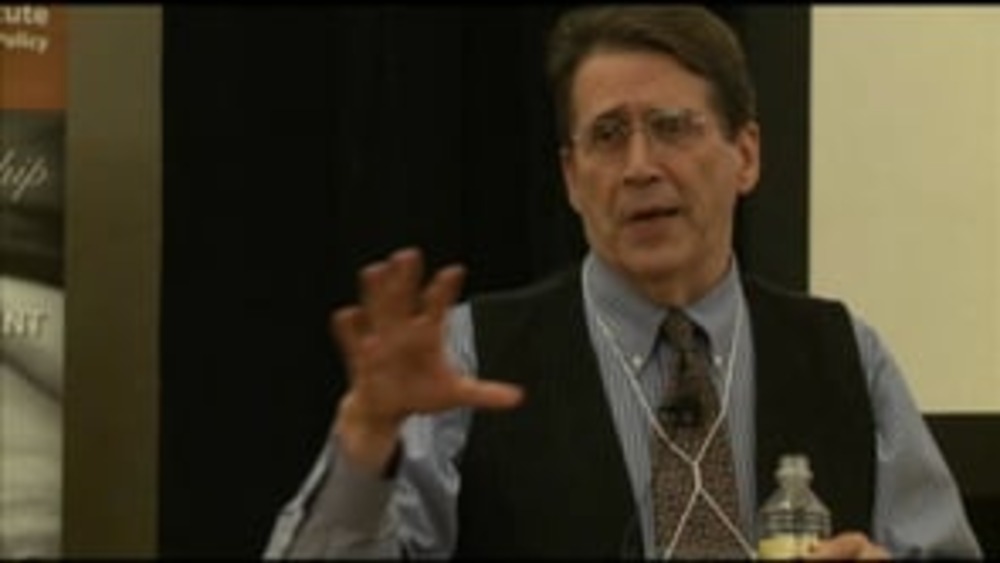
Frank Pommersheim: A Key Constitutional Issue: Dispute Resolution (Q&A)
University of South Dakota Professor of Law Frank Pommersheim fields audience questions about the importance of civic engagement to constitutional reform, removing the Secretary of Interior Approval clause from tribal constitutions, and other important topics.
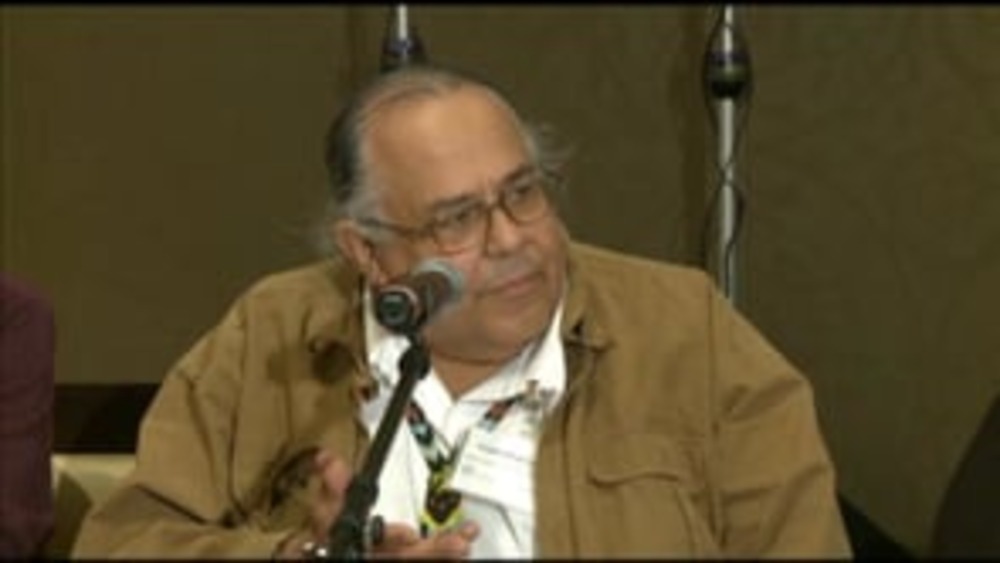
Constitutional Reform: A Wrap-Up Discussion (Q&A)
NNI "Tribal Constitutions" seminar presenters, panelists and participants Robert Breaker, Julia Coates, Frank Ettawageshik, Miriam Jorgensen, Gwen Phillips, Ian Record, Melissa L. Tatum and Joan Timeche field questions from the audience about separations of powers, citizenship, blood quantum and…
Honoring Nations: Joseph Singer: Sovereignty Today
Harvard Professor Joseph Singer makes a compelling case that Native nations' best defense of sovereignty is their effective exercise of it, and stresses the importance of educating the general public -- particularly young people -- about what tribal sovereignty is and means.
Honoring Nations: Floyd "Buck" Jourdain: Sovereignty Today
Red Lake Band of Chippewa Former Chairman Floyd "Buck" Jourdain defines sovereignty as the aggressive and proactive exercise of a nation's sovereign powers, and illustrates how his nation takes this approach in advancing its own priorities and dealing with other sovereign governments.
Julia Coates: The Process of Constitutional Reform: What the Cherokee Nation Did and Why
Cherokee Nation Councilor Julia Coates presents an overview of the constitutional history of the Cherokee Nation, and chronicles the process the Cherokee Nation followed to reform its constitution in 1999.
Honoring Nations: Joyce Country and Dorry Larson: The Sisseton Wahpeton Oyate Professional Empowerment Program (2007)
Joyce Country and Dr. Dorry Larson discuss what prompted the Sisseton Wahpeton Oyate to establish its award-winning Professional Empowerment Program, and the positive impacts it is having on the lives of its citizens.
Joan Timeche and Joseph P. Kalt: The Process of Constitutional Reform: Key Issues and Cases to Consider
Joan Timeche and Joseph P. Kalt share two stories of constitutional reform processes undertaken by Native nations and discuss what factors spurred or impeded the ultimate success of those efforts.
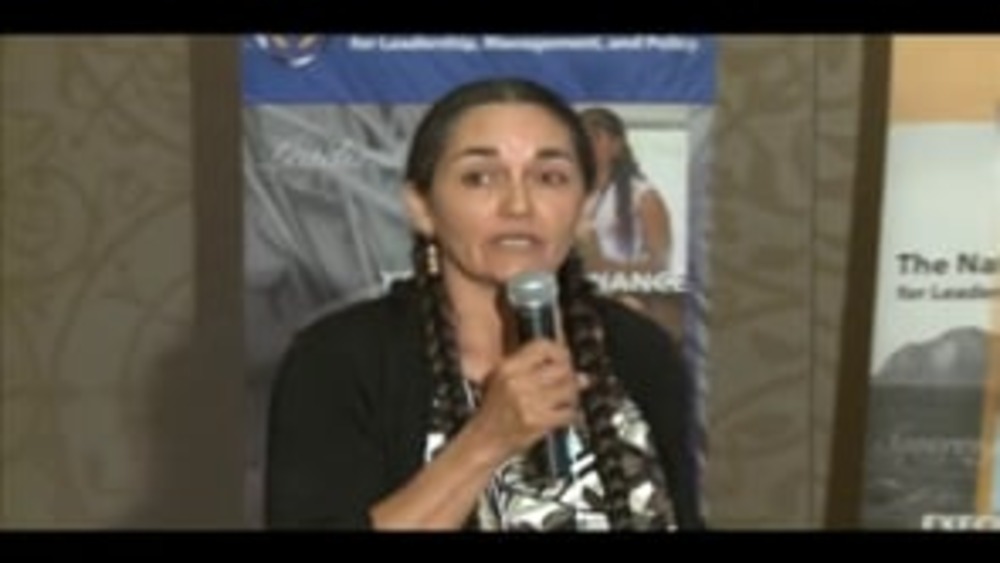
Gwen Phillips: Reforming the Ktunaxa Nation Constitution: What We're Doing and Why
Gwen Phillips, Director of Corporate Services and Governance Transition for the Ktunaxa Nation, discusses how Ktunaxa is using the British Columbia treaty process to reconceive and restructure its governance system from the ground up in order to revitalize Ktunaxa culture, language and core values…
Todd Hembree: A Key Constitutional Issue: Separations of Powers (Q&A)
Cherokee Nation Attorney General fields questions about the critical role of separations of powers in effective Native nation governance and how the Cherokee Nation instituted an array of separations of powers in the development of their new constitution
Honoring Nations: Elvera Sargent: The Akwesasne Freedom School
Elvera Sargent discusses the Akwesasne Freedom School and the role it plays in the cultural identity of each generation that goes through the curriculum.
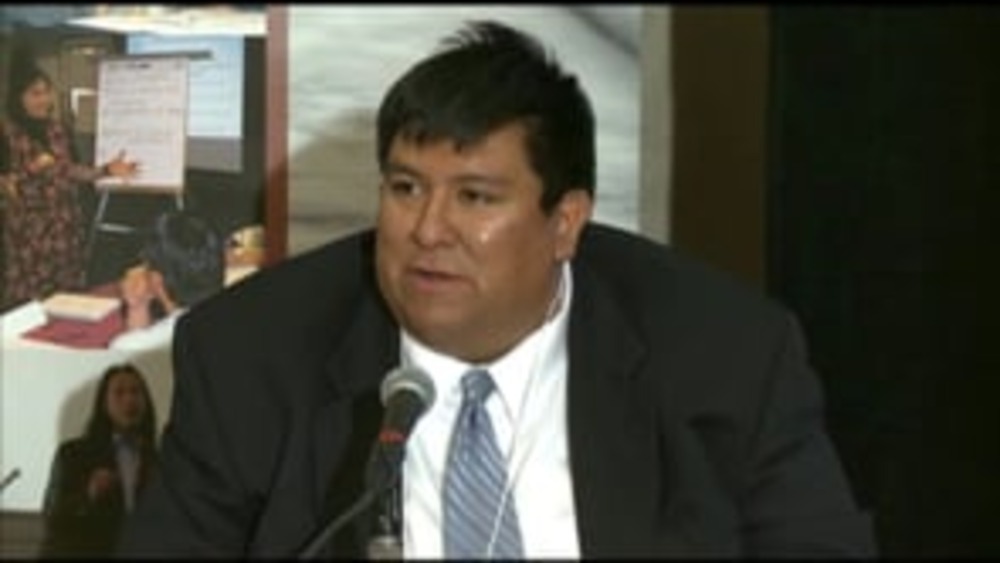
Anthony Hill: The Process of Constitutional Reform: What Gila River Indian Community Did and Why
Formerly the Chairman of the Gila River Tribal Constitution Task Force, Anthony Hill describes the process that the Gila River Indian Community has engaged in as it undertakes reforming its constitution and system of government. Hill also offers some tips and strategies other Native nations should…
Honoring Nations: Oren Lyons: Rebuilding Healthy Nations
Onondaga Chief and Faithkeeper Oren Lyons urges Native nations to continue sharing their stories of success, learning from each other, and working towards creating a better future for the next seven generations.
NNI Forum: Asset Building for Indian Country
The Native Nations Institute for Leadership, Management, and Policy (NNI) at the University of Arizona in Tucson, Arizona convened a panel of leading experts to discuss the fundamental obstacles standing in the way of asset building in Native communities, and the innovative strategies that Native…
Honoring Nations: Michael Thomas: Sovereignty Today
Former Mashantucket Pequot Chairman Michael Thomas provides his definition of what tribal sovereignty means in the 21st century, and stresses the importance of Native nations examining and reconnecting with their traditional governance principles as they work to exercise sovereignty effectively.
Honoring Nations: Theresa M. Pouley: The Tulalip Alternative Sentencing Program
Judge Theresa M. Pouley of the Tulalip Tribal Court discusses how the Tulalip Tribes reclaimed criminal jurisdiction from the State of Washington and then developed the award-winning Tulalip Alternative Sentencing Program, which she explains is a more effective and culturally appropriate approach…
Honoring Nations: Joseph P. Kalt: Rebuilding Healthy Nations
Harvard Project Co-Director Joseph P. Kalt provides a general overview of the Honoring Nations program and illustrates how people all over the world are learning from the nation-building examples set and the lessons offered by Native nations in the United States.
NNI Forum: Tribal Sovereign Immunity
Tribal sovereign immunity has far-reaching implications, impacting a wide range of critical governance issues from the protection and exertion of legal jurisdiction to the creation of a business environment that can stimulate and sustain economic development. Native Nations Institute (NNI) Radio…
Honoring Nations: Jon Waterhouse and Rob Rosenfeld: The Yukon River Inter-Tribal Watershed Council
Jon Waterhouse and Rob Rosenfeld provide an overview of the work accomplished by the Yukon River Inter-Tribal Watershed Council, demonstrating the benefits of Native nations who have common cultures and challenges to band together to solve issues of mutual concern.
Honoring Nations: Kristi Coker-Bias: The Citizen Potawatomi Community Development Corporation
Former Executive Director Kristi Coker-Bias provides on overview of the Citizen Potowatomi Community Development Corporation and discusses how it is working to cultivate private sector development in her community, which she says is essential to Native nations' efforts to develop sustainable…
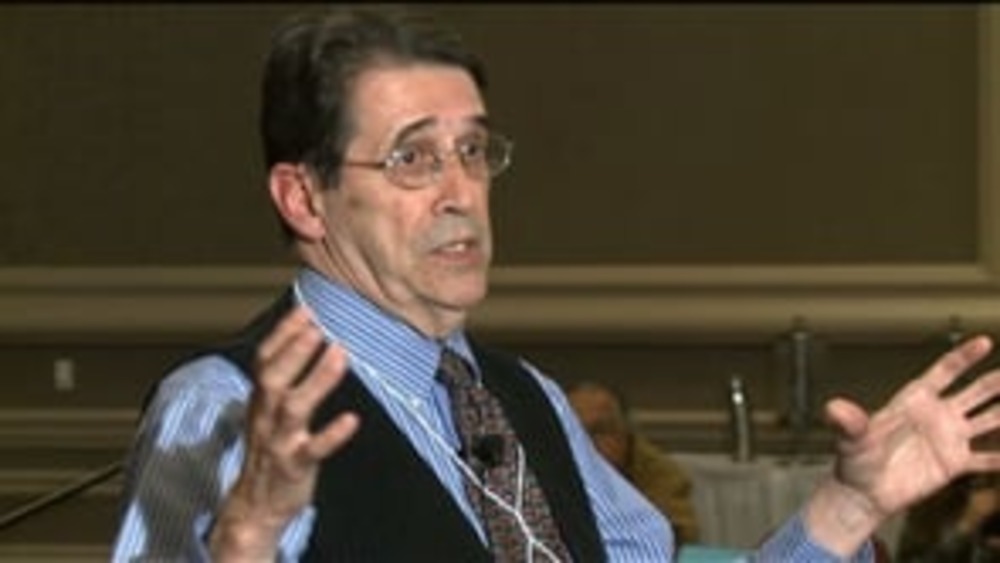
Frank Pommersheim: A Key Constitutional Issue: Dispute Resolution
University of South Dakota Professor of Law Frank Pommersheim discusses the key constitutional issue of dispute resolution and presents three cases demonstrating how tribes are endowing their constitutions with legitimacy through the careful, thoughtful resolution of disputes.
Pagination
- First page
- …
- 7
- 8
- 9
- …
- Last page
